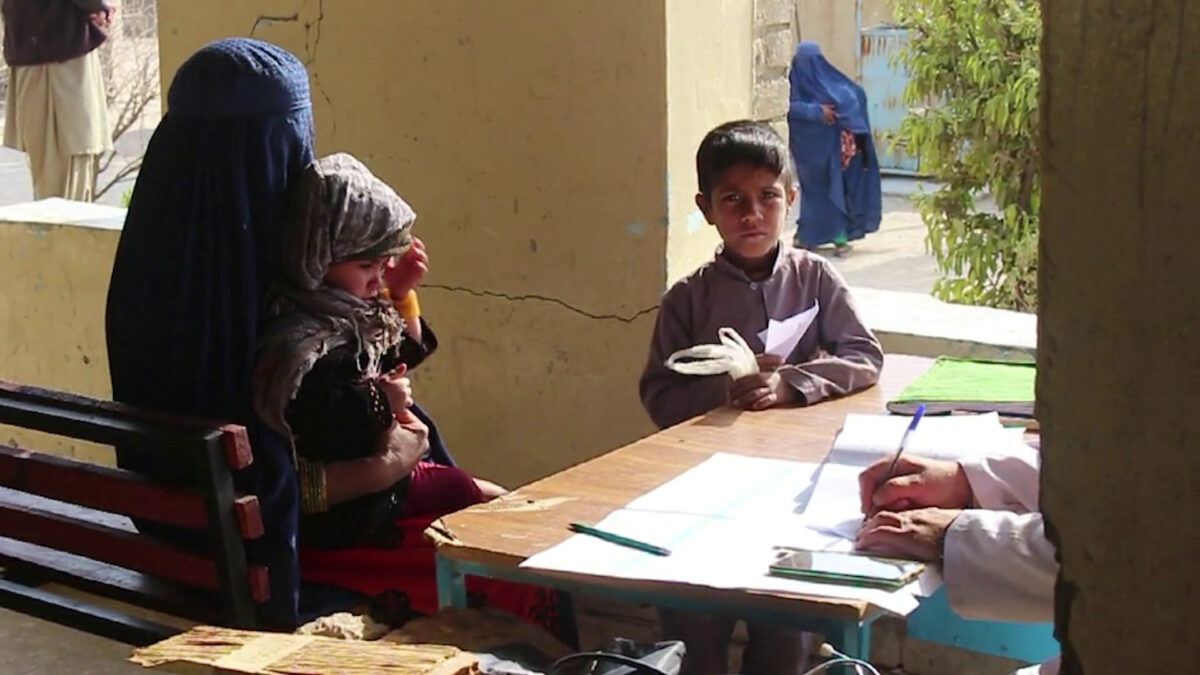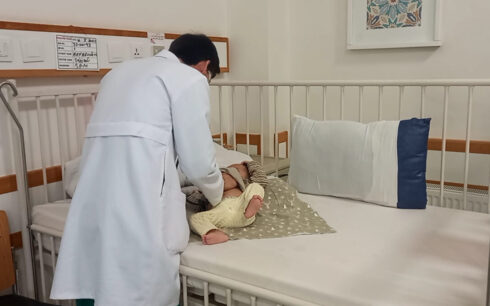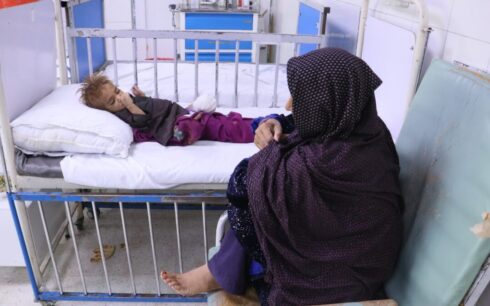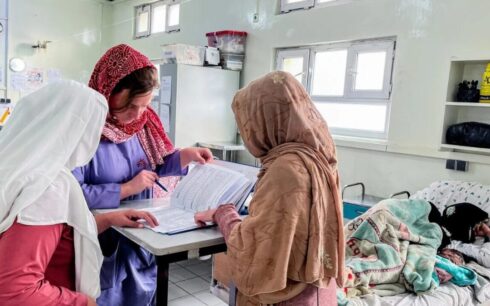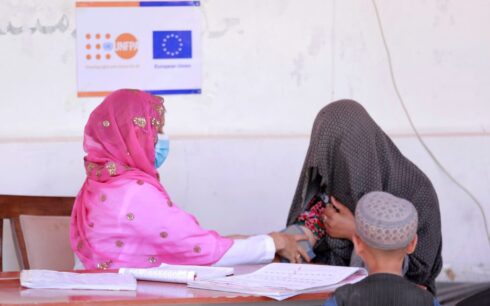The World Health Organization (WHO) in a statement on Friday stressed the imperative nature of augmenting investments in healthcare service provision in Afghanistan, particularly in underserved regions where the healthcare infrastructure is gravely under-resourced and remains vulnerable amidst the ongoing humanitarian crisis.
After decades of instability compounded by severe drought and natural disasters, Afghanistan presently grapples with an extended humanitarian crisis, WHO said, adding that this dire situation has left millions without proper access to healthcare and sustenance, leaving them at considerable risk of malnutrition and disease outbreaks.
WHO further stated that the vulnerability faced by women and girls has intensified, attributed to their challenges in accessing healthcare due to educational bans and restrictions on workforce participation.
The revised Afghanistan Humanitarian Response Plan for 2023 underscores an alarming surge in the number of individuals requiring urgent humanitarian aid. As outlined in the plan, 28.8 million people in Afghanistan necessitate immediate assistance, a stark escalation from the 18.4 million prior to August 2021.
In a bid to address the healthcare emergency, a target has been set to offer health assistance to 14 million people, including 7.5 million children and 3.1 million women. Among these, 8.4 million individuals have already received assistance within the initial six months of 2023, as confirmed by WHO.
According to the organization, the healthcare response has been commendable, encompassing the delivery of a total of 25.7 million healthcare services between 2022 and 2023.
Nevertheless, in the absence of adequate funding, an estimated 8 million people in Afghanistan stand to lose access to essential and potentially life-saving health assistance. Furthermore, around 450,000 patients could encounter limited or no access to life-saving trauma care services, including blood transfusions and referrals. Additionally, approximately 1.6 million individuals with mental health conditions might face constrained access to mental health consultation and psychosocial support.
The WHO Alert underscores the dire repercussions that could ensue if Afghanistan’s healthcare system remains underfunded. The health sector confronts substantial barriers in delivering comprehensive services to the Afghan populace, particularly women and children. This situation has led to fragmentation and heightened vulnerability, particularly in underserved regions.
Tedros Adhanom Ghebreyesus, WHO Director-General, emphasized the gravity of the Afghan predicament, highlighting the peril to countless lives due to resource scarcity. Ghebreyesus called on donors to contribute generously to sustain life-saving efforts.
Ahmed Al Mandhari, WHO Regional Director for the Eastern Mediterranean, implored the international community to join forces with WHO in addressing the ongoing humanitarian health crisis in Afghanistan. Al Mandhari asserted that immediate action was essential to support the Afghan healthcare system, underscoring the catastrophic potential consequences of inaction.
Luo Dapeng, WHO Representative to Afghanistan, expressed concern over the healthcare system’s underfunding and emphasized the urgency for swift action. Dapeng also expressed gratitude to current partners for their support and urged them to intensify their efforts.
In the latter half of 2023, WHO will continue to collaborate with its esteemed partners to tackle pressing health emergencies, providing life-saving interventions while building on the successes of 2022. Substantial work remains to fulfill WHO’s strategic objectives, encompassing protecting people daily, ensuring comprehensive coverage, prioritizing maternal and child health, leading the health sector’s coordination, and driving impactful healthcare service delivery in Afghanistan.

